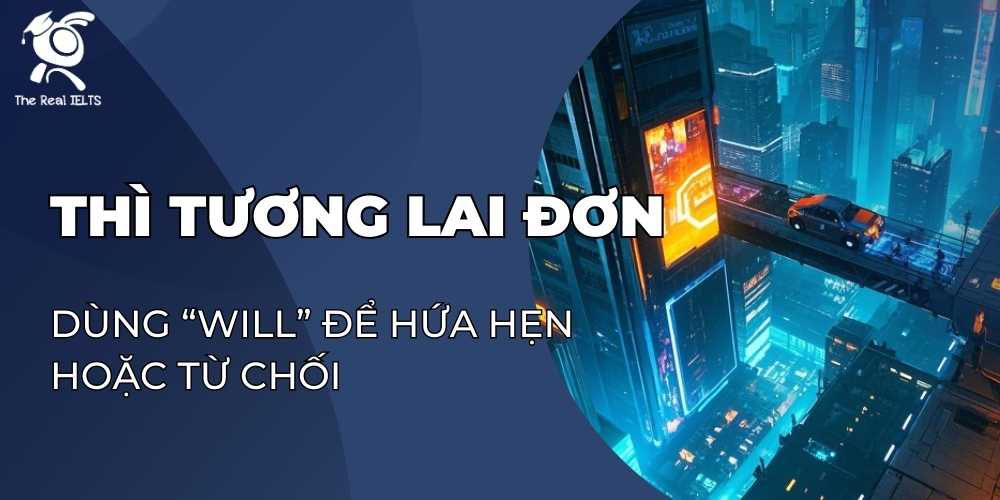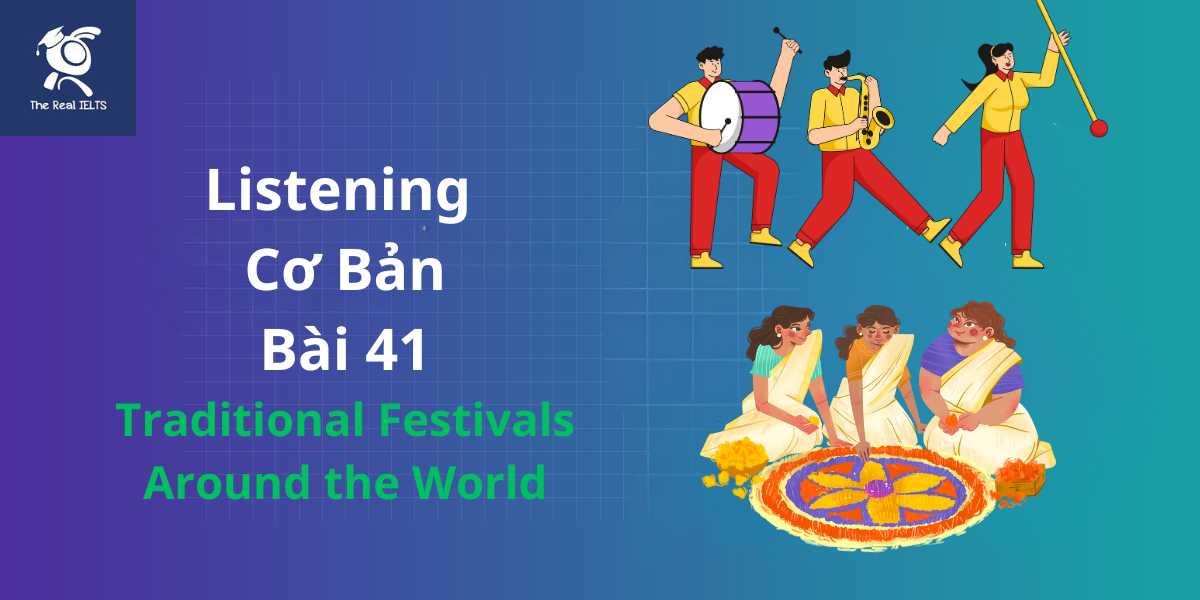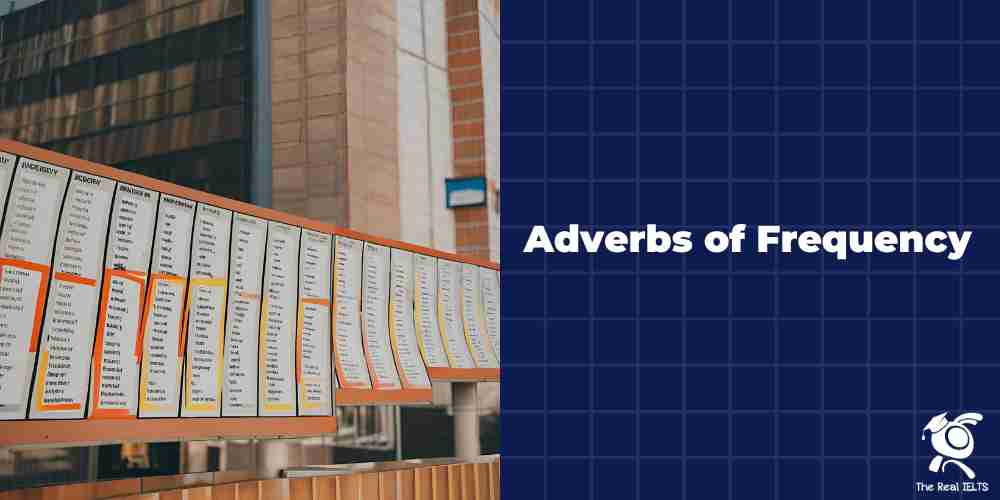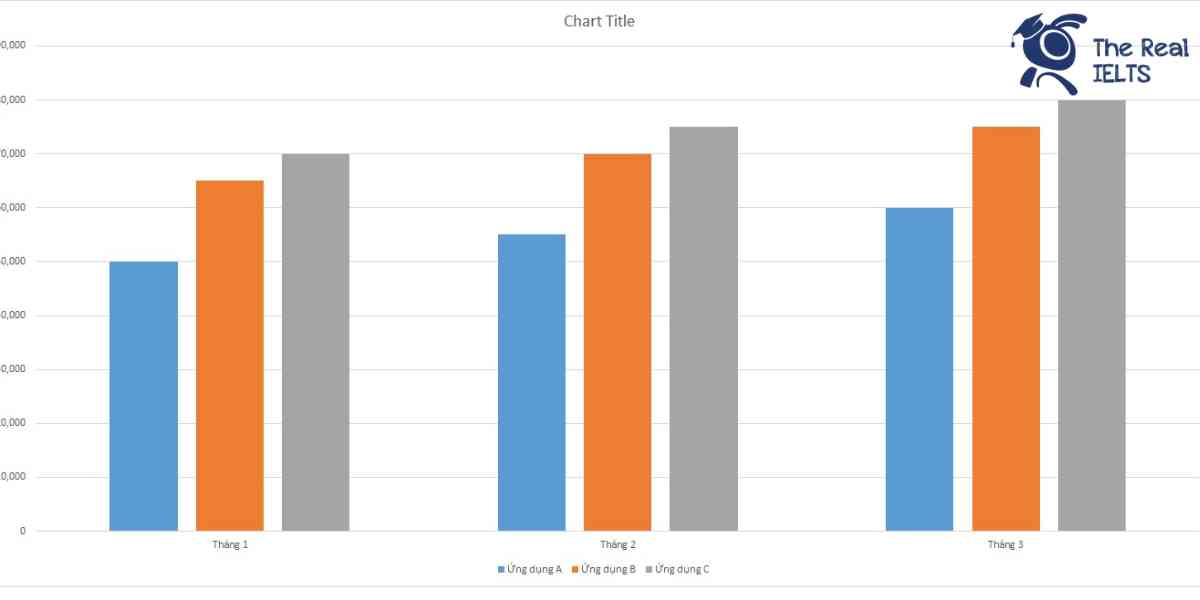Đề thi IELTS Reading có tiêu đề “The History of Democracy”
Nhớ đọc thêm các bài luyện thi IELTS nhé.
IELTS Reading:”The History of Democracy“
The History of Democracy
Democracy, as a political concept, traces its origins back to ancient civilizations, particularly in Athens, Greece, around the 5th century BCE. The word “democracy” itself derives from the Greek terms “demos,” meaning “people,” and “kratos,” meaning “power” or “rule.” Thus, democracy essentially translates to “rule by the people.” However, the path to modern democracy has been anything but straightforward, evolving through various forms and interpretations across different cultures and historical periods.
Ancient Beginnings
The Athenian model of democracy is often cited as the earliest example of a direct democracy, where citizens were given the right to participate directly in decision-making. In this system, eligible citizens (adult male Athenians) would gather in the Assembly to vote on laws, policies, and other significant matters. However, this form of democracy was limited in scope, as women, slaves, and non-citizens were excluded from participation. Despite these limitations, the Athenian experiment laid the groundwork for democratic principles that would inspire future generations.
The Roman Republic, which existed from around 509 BCE to 27 BCE, also contributed to the development of democratic ideas, though it was not a democracy in the modern sense. The Roman system was a complex blend of aristocracy, oligarchy, and elements of democracy. The Senate, composed of aristocrats, held significant power, but there were also popular assemblies where citizens could vote on certain issues. The concept of a republic, where the state is considered a public matter (res publica), influenced later democratic theories, particularly in the development of representative democracy.
The Middle Ages and Renaissance
Following the fall of the Roman Empire, Europe entered a period often referred to as the Dark Ages, where centralized authority was weakened, and feudalism became the dominant system. During this time, democratic principles largely receded, but they did not disappear entirely. In some regions, local assemblies or councils continued to operate, providing a form of governance where community members had a say in local affairs.
The Renaissance, which began in the 14th century, marked a revival of interest in classical ideas, including those related to governance and democracy. Thinkers like Niccolò Machiavelli and Jean Bodin began to explore the nature of power, authority, and the state. Although their works often focused on the need for strong centralized authority, they also laid the intellectual groundwork for the later development of democratic thought.
The Enlightenment and the Rise of Modern Democracy
The Enlightenment of the 17th and 18th centuries was a pivotal period in the history of democracy. Philosophers such as John Locke, Jean-Jacques Rousseau, and Montesquieu challenged the traditional notions of monarchy and divine right, advocating for the idea that government should be based on the consent of the governed. Locke’s concept of natural rights, including life, liberty, and property, became fundamental to the development of democratic theory. Rousseau’s idea of the social contract, where individuals agree to form a society and abide by its rules in exchange for protection and order, also played a crucial role.
The American Revolution (1775-1783) and the subsequent creation of the United States Constitution in 1787 were direct outcomes of Enlightenment thinking. The U.S. Constitution established a federal system of government with checks and balances, a clear separation of powers, and a Bill of Rights to protect individual freedoms. This system became a model for democratic governance, influencing numerous countries around the world.
The French Revolution (1789-1799) further advanced the cause of democracy by overthrowing the monarchy and establishing a republic based on the principles of liberty, equality, and fraternity. Although the revolution experienced many setbacks and periods of violence, it ultimately contributed to the spread of democratic ideals across Europe.
The Expansion of Democracy in the 19th and 20th Centuries
The 19th century saw the gradual expansion of democratic rights and institutions, particularly in Europe and the Americas. The Industrial Revolution brought about significant social and economic changes, leading to demands for greater political representation and participation. Movements such as the Chartist movement in the United Kingdom and the push for universal suffrage in the United States were instrumental in expanding the electorate and making democracy more inclusive.
In the 20th century, the spread of democracy accelerated, particularly after the two World Wars. The defeat of fascist regimes in World War II and the subsequent establishment of the United Nations in 1945 underscored the global commitment to democratic principles. Decolonization in Africa, Asia, and the Caribbean led to the creation of numerous new states, many of which adopted democratic constitutions, although the success of these democracies varied widely.
The latter half of the 20th century also witnessed the fall of authoritarian regimes in Southern Europe, Latin America, and Eastern Europe, often referred to as the “Third Wave” of democratization. The collapse of the Soviet Union in 1991 marked the end of the Cold War and the emergence of numerous new democracies in Eastern Europe and Central Asia.
Challenges and the Future of Democracy
Despite its widespread adoption, democracy faces numerous challenges in the modern world. Issues such as political polarization, economic inequality, and the rise of populism have tested the resilience of democratic institutions. Moreover, the advent of digital technology and social media has transformed the way people engage with politics, creating both opportunities and challenges for democratic governance.
In some regions, democratic backsliding has become a concern, with some governments curbing civil liberties, undermining the rule of law, and eroding the independence of the judiciary. These developments have raised questions about the future of democracy and whether it can adapt to the changing global landscape.
Nevertheless, democracy remains a powerful and enduring ideal, rooted in the belief that people should have a say in how they are governed. As history has shown, democracy is not a static concept but a dynamic and evolving one, constantly being reinterpreted and reshaped by the societies that embrace it. The continued vitality of democracy will depend on the ability of individuals and institutions to respond to new challenges while staying true to the core principles of popular sovereignty, equality, and justice.
Đề bài thi IELTS Reading
Multiple Choice (10 questions)
- What is the origin of the word “democracy”?
- A. Latin
- B. Greek
- C. Roman
- D. French
- Which ancient civilization is often credited with the earliest form of direct democracy?
- A. Roman
- B. Athenian
- C. Egyptian
- D. Byzantine
- In the Athenian democracy, who were allowed to participate in decision-making?
- A. All residents of Athens
- B. All male citizens
- C. Slaves and women
- D. Only the wealthy
- The concept of a republic was most significantly influenced by which civilization?
- A. Athens
- B. Sparta
- C. Rome
- D. Egypt
- What significant event marked the revival of interest in democratic ideas during the Renaissance?
- A. The fall of the Roman Empire
- B. The Industrial Revolution
- C. The Enlightenment
- D. The rise of the feudal system
- Which philosopher is associated with the idea of the social contract?
- A. John Locke
- B. Montesquieu
- C. Jean-Jacques Rousseau
- D. Niccolò Machiavelli
- What was one of the major outcomes of the American Revolution in terms of governance?
- A. Establishment of monarchy
- B. Establishment of democracy
- C. Abolition of slavery
- D. Creation of the United Nations
- Which event is associated with the phrase “liberty, equality, and fraternity”?
- A. The Enlightenment
- B. The American Revolution
- C. The French Revolution
- D. The Industrial Revolution
- What significant global organization was established in 1945 that underscored the commitment to democratic principles?
- A. NATO
- B. The League of Nations
- C. The United Nations
- D. The European Union
- Which century is known for the “Third Wave” of democratization?
- A. 18th century
- B. 19th century
- C. 20th century
- D. 21st century
True/False/Not Given (10 questions)
- The word “democracy” means “rule by the elite.”
- True
- False
- Not Given
- In ancient Athens, women had the right to vote in the Assembly.
- True
- False
- Not Given
- The Roman Republic was a pure democracy like Athens.
- True
- False
- Not Given
- The fall of the Roman Empire led directly to the rise of democracy in Europe.
- True
- False
- Not Given
- Rousseau’s concept of the social contract suggests that people willingly give up certain freedoms in exchange for protection by the state.
- True
- False
- Not Given
- The U.S. Constitution was directly influenced by the democratic principles of the French Revolution.
- True
- False
- Not Given
- The Industrial Revolution had no impact on the expansion of democratic rights in the 19th century.
- True
- False
- Not Given
- Decolonization in the 20th century led to the creation of democratic states in Africa, Asia, and the Caribbean.
- True
- False
- Not Given
- Democratic backsliding refers to the process where democratic institutions become stronger.
- True
- False
- Not Given
- The text suggests that digital technology only poses challenges to democratic governance.
- True
- False
- Not Given
Yes/No/Not Given (5 questions)
- Does the author believe that democracy is an unchanging concept?
- Yes
- No
- Not Given
- Does the passage imply that the Roman Senate was more democratic than the Athenian Assembly?
- Yes
- No
- Not Given
- Does the text suggest that the Enlightenment philosophers were entirely opposed to monarchy?
- Yes
- No
- Not Given
- Does the author view the “Third Wave” of democratization as entirely successful?
- Yes
- No
- Not Given
- Does the passage indicate that all newly independent states after decolonization adopted successful democracies?
- Yes
- No
- Not Given
Matching Headings (5 questions)
Match the following headings with the correct paragraphs.
- The Birth of Direct Democracy
- Challenges in Modern Democracies
- The Role of the Renaissance in Political Thought
- The Impact of Enlightenment Philosophers
- Democracy’s Expansion in the 19th and 20th Centuries
Matching Features (5 questions)
Match the following features to the correct civilization or event.
- First known direct democracy
- A. Athens
- B. Rome
- C. United States
- D. France
- Concept of a republic
- A. Athens
- B. Rome
- C. United States
- D. France
- Liberty, equality, and fraternity
- A. American Revolution
- B. Enlightenment
- C. French Revolution
- D. Roman Republic
- Established the United Nations
- A. 19th century
- B. 20th century
- C. 18th century
- D. 17th century
- Introduced the concept of natural rights
- A. Niccolò Machiavelli
- B. Jean-Jacques Rousseau
- C. John Locke
- D. Montesquieu
Sentence Completion (5 questions)
Complete the following sentences with a word or phrase from the passage.
- The word “democracy” is derived from the Greek terms “demos” and “______.”
- In Athenian democracy, the right to participate was limited to ______ citizens.
- The Roman Republic combined elements of aristocracy, oligarchy, and ______.
- The Renaissance marked a revival of interest in ______ ideas.
- The “Third Wave” of democratization refers to the fall of ______ regimes in Southern Europe, Latin America, and Eastern Europe.
Đáp án bài thi IELTS Reading
Multiple Choice (10 questions)
- What is the origin of the word “democracy”?
- B. Greek
- Which ancient civilization is often credited with the earliest form of direct democracy?
- B. Athenian
- In the Athenian democracy, who were allowed to participate in decision-making?
- B. All male citizens
- The concept of a republic was most significantly influenced by which civilization?
- C. Rome
- What significant event marked the revival of interest in democratic ideas during the Renaissance?
- C. The Enlightenment
- Which philosopher is associated with the idea of the social contract?
- C. Jean-Jacques Rousseau
- What was one of the major outcomes of the American Revolution in terms of governance?
- B. Establishment of democracy
- Which event is associated with the phrase “liberty, equality, and fraternity”?
- C. The French Revolution
- What significant global organization was established in 1945 that underscored the commitment to democratic principles?
- C. The United Nations
- Which century is known for the “Third Wave” of democratization?
- C. 20th century
True/False/Not Given (10 questions)
- The word “democracy” means “rule by the elite.”
- False
- In ancient Athens, women had the right to vote in the Assembly.
- False
- The Roman Republic was a pure democracy like Athens.
- False
- The fall of the Roman Empire led directly to the rise of democracy in Europe.
- False
- Rousseau’s concept of the social contract suggests that people willingly give up certain freedoms in exchange for protection by the state.
- True
- The U.S. Constitution was directly influenced by the democratic principles of the French Revolution.
- False
- The Industrial Revolution had no impact on the expansion of democratic rights in the 19th century.
- False
- Decolonization in the 20th century led to the creation of democratic states in Africa, Asia, and the Caribbean.
- True
- Democratic backsliding refers to the process where democratic institutions become stronger.
- False
- The text suggests that digital technology only poses challenges to democratic governance.
- False
Yes/No/Not Given (5 questions)
- Does the author believe that democracy is an unchanging concept?
- No
- Does the passage imply that the Roman Senate was more democratic than the Athenian Assembly?
- No
- Does the text suggest that the Enlightenment philosophers were entirely opposed to monarchy?
- No
- Does the author view the “Third Wave” of democratization as entirely successful?
- Not Given
- Does the passage indicate that all newly independent states after decolonization adopted successful democracies?
- No
Matching Headings (5 questions)
- The Birth of Direct Democracy
- Paragraph 2
- Challenges in Modern Democracies
- Paragraph 7
- The Role of the Renaissance in Political Thought
- Paragraph 4
- The Impact of Enlightenment Philosophers
- Paragraph 5
- Democracy’s Expansion in the 19th and 20th Centuries
- Paragraph 6
Matching Features (5 questions)
- First known direct democracy
- A. Athens
- Concept of a republic
- B. Rome
- Liberty, equality, and fraternity
- C. French Revolution
- Established the United Nations
- B. 20th century
- Introduced the concept of natural rights
- C. John Locke
Sentence Completion (5 questions)
- The word “democracy” is derived from the Greek terms “demos” and “______.”
- kratos
- In Athenian democracy, the right to participate was limited to ______ citizens.
- male
- The Roman Republic combined elements of aristocracy, oligarchy, and ______.
- democracy
- The Renaissance marked a revival of interest in ______ ideas.
- classical
- The “Third Wave” of democratization refers to the fall of ______ regimes in Southern Europe, Latin America, and Eastern Europe.
- authoritarian
Luyện tập bài khác ở bài viết:”100 bài luyện IELTS Reading 2024 – 2025“















